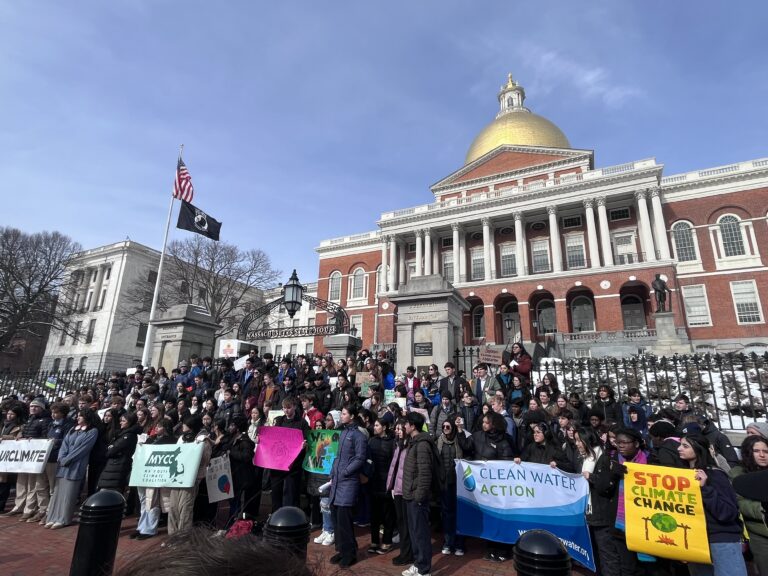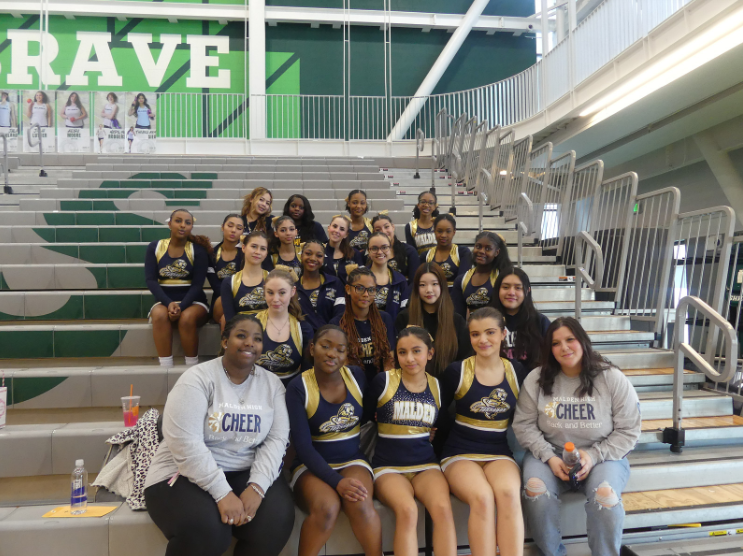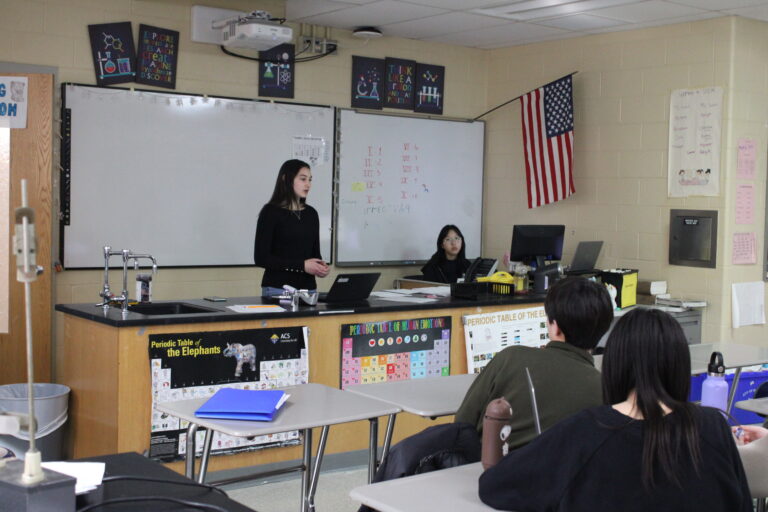As the winter comes to a close and the snow seems to (hopefully) be stopping, Malden Public Schools, along with countless other school districts, is faced with the question of making up the weeks of lost time. Especially for those of us in high school, the time off has been challenging to cope with due to the volume of work that continued to pile up. Currently, the last day of Malden’s 2014-2015 school year is scheduled for June 24th and as the days get pushed further and further back because of inclement weather, the school year fast approaches the cutoff for public school, June 30th. So the question becomes this: is a preemptive solution to missed school time necessary, or should the school year run late?
So far, three main solutions have been proposed by Superintendent David DeRuosi to solve the problem we are facing, with the first being the elimination of April vacation or other planned days off. The rationale behind this is that a vacation such as April vacation was just moved into January this year rather than occurring at its normal time. However, parents, students and teachers alike have voiced concerns with this course of action, especially considering the prime time of year that April is for travel. The idea of forcing those with planned trips to give up their reservations or miss out on their schoolwork seems counterproductive. This also seems like a system that would be easy to take advantage of, with students claiming that they have a vacation planned for the week of April vacation when in reality they just want to get the week off and avoid schoolwork.
Less drastic than this would be the extension of the school week into Saturday until the time was made up. Again, the idea is that students have had enough time off and so all those Saturdays were just shifted back a few months into January and made into an extended New Year’s vacation. Similarly, extending school into Saturday would bring up many problems for those who have arrangements already made for Saturdays or for those who wish to abuse the system and claim that they have events to attend when they in fact do not.
In my opinion, the third option that has been proposed is the best (should the school system choose to make up the lost time) and it consists of artificially and temporarily extending the length of the school day during the normal school week. For how long these extensions would last and for how many hours they would run I don’t know, but on the surface, this method would solve a lot of the problems that the other two faced (should the school committee approve the plan and get it past the teacher unions and other groups which would inevitably stand in the way of such action). Firstly, going an extra couple of hours (if that) during a normal week of school would pose no problems for most people. Of course many people have jobs they must get to, but exceptions can be more easily made when something such as a job, which is a central part of one’s routine, is involved as the changes can be looked at over the long term. On top of that, many students already remain in school for hours after the school day ends, participating in clubs or after school programs, doing homework or just hanging around with friends, and so there would be no major disadvantage to using that time they remain in school for school purposes. Secondly, students can not abuse the system as easily. A student who is already in school cannot leave at 2:15 and skip the makeup time like a student avoiding a Saturday or April vacation type make-up plan could.
While most students oppose this type of action, and I myself wouldn’t mind going into late June as much as I might mind having to go until 3:30 every day, I see only one viable option if the school system chooses to make up the days, and in the case that they do, I hope that everyone else can see the reasoning and benefits of the system that I predict they would choose.







